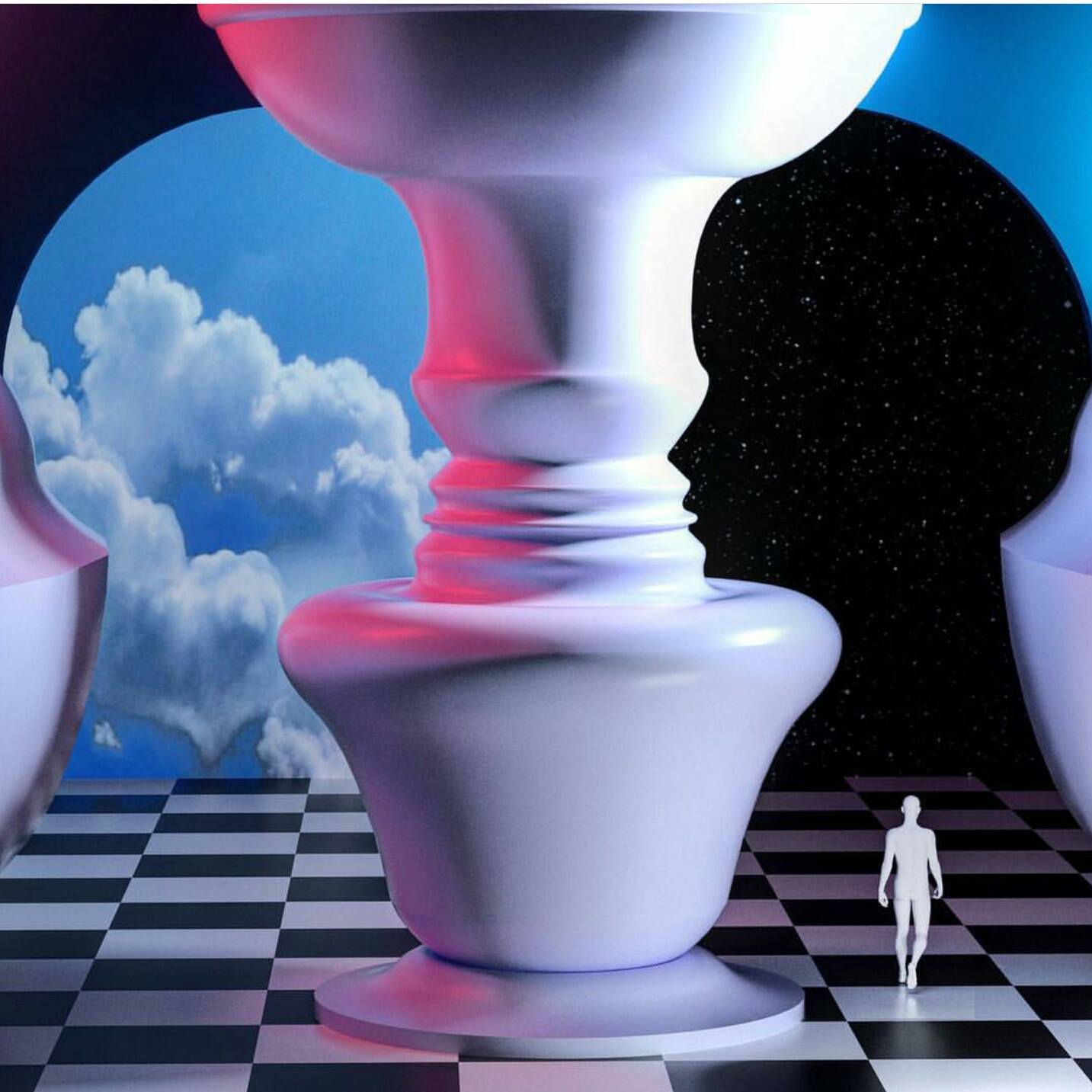New studies shows that alcohol use can have an effect on how the mind techniques facts.
The have a look at, posted inside the journal Addictive Behaviors, observed that alcohol-related photographs and words have been processed extra correctly with the aid of humans with a history of binge drinking.
“preceding paintings in this location has shown that photos of alcohol, or even alcohol-associated phrases, can be extraordinarily salient stimuli for those who drink often,” explained Reiko Graham of Texas state university, San Marcos. “Behavioral research of attentional bias have shown variations in reaction instances to alcohol as opposed to non-alcohol stimuli in social drinkers, however maximum research has a tendency to stop at that conclusion. We were inquisitive about delving a chunk in addition to make clear the timing of attention to alcohol cues the usage of an attentional blink (AB) paradigm. analyzing this phenomenon allowed us to observe how motivationally-relevant stimuli may want to advantage get right of entry to to recognition in any such short temporal window underneath restricted attentional sources.”
The look at compared 47 college college students with a records of binge ingesting within the past 6 months to 47 students who were social drinkers without a current history of binge consuming.
“people who interact in dangerous alcohol use patterns (e.g. binge drinking) are frequently unaware of the impact this style of ingesting may have on behaviors beyond our aware cognizance,” Graham informed PsyPost. “earlier research suggests that individuals who take part in binge consuming may additionally end up sensitized to alcohol-associated cues with repeated publicity, resulting in an automated shift of interest toward those sorts of stimuli (i.e. attentional bias).”
“the usage of this expertise, we took a fairly novel method to study the time path of these attentional biases by means of the usage of an attentional blink (AB) paradigm. The AB is a phenomenon wherein the second of goals fails to be perceived whilst it appears inside two hundred-500 ms after the first target, concept to be due to the mind’s limited attentional assets.”
“in the long run, binge drinkers (as opposed to non-binge drinkers) had been able to correctly become aware of alcohol cues (as opposed to non-alcohol cues) under depleted attentional resources at early tiers of encoding, evidenced by a lack of AB for these targets,” Graham said. “further, these outcomes have been additionally related to BDs with a family records of an Alcohol Use disease (AUD) and people with a greater excessive history of trouble consuming. This suggests an elevated efficiency in attentional processing to alcohol cues in binge drinkers. expertise those diffused variations inside the timing and quantity of attentional processing in social drinkers with varied patterns of ingesting is vital to help tell ability treatment alternatives as well as efforts to save you AUDs.”
Graham defined that electroencephalography (EEG) studies may want to reinforce the findings.
“despite the fact that our research shows the AB paradigm can be an effective method to have a look at the temporal dynamics of attentional biases to alcohol cues, event-associated potentials (ERPs) could be extra sensitive on this regard,” she explained. event-related potentials check with electric brainwave patterns associated with exceptional tasks.
“for that reason, it's far vital to hire ERPs in destiny research to provide more rationalization in the time path of interest to alcohol cues, as well as supplement the existing behavioral records. additionally, even as we did no longer use alcohol cues precise to each participant’s preferences, beverage preference can also have a power on attention to alcohol cues.”
“similarly to our major locating, we additionally located a good sized secondary impact,” she defined. “We examined attentional biases using both a phrase-primarily based test and an image-based totally test that had been otherwise equal on all parameters. We determined that non-binge drinkers had an expanded accuracy for alcohol-related photos (in comparison to words), suggesting images were extra compelling than phrases, possibly because of a higher ecological validity for photographs. however, we did not see this impact in binge drinkers, and future studies is needed to help explain this locating.”
The examine, “Attentional blink to alcohol cues in binge drinkers versus non-binge drinkers“, was also co-authored through Francesco M. DePalma and Natalie Ceballos.
customize This content backed through Revcontent
Sunday, 6 August 2017
Binge consuming can adjust the way your mind directs interest, examine finds
Tags
# Fitness care
About Dipoalex
Soratemplates is a blogger resources site is a provider of high quality blogger template with premium looking layout and robust design. The main mission of templatesyard is to provide the best quality blogger templates.
Fitness care
Labels:
Fitness care
Subscribe to:
Post Comments (Atom)

No comments:
Post a Comment